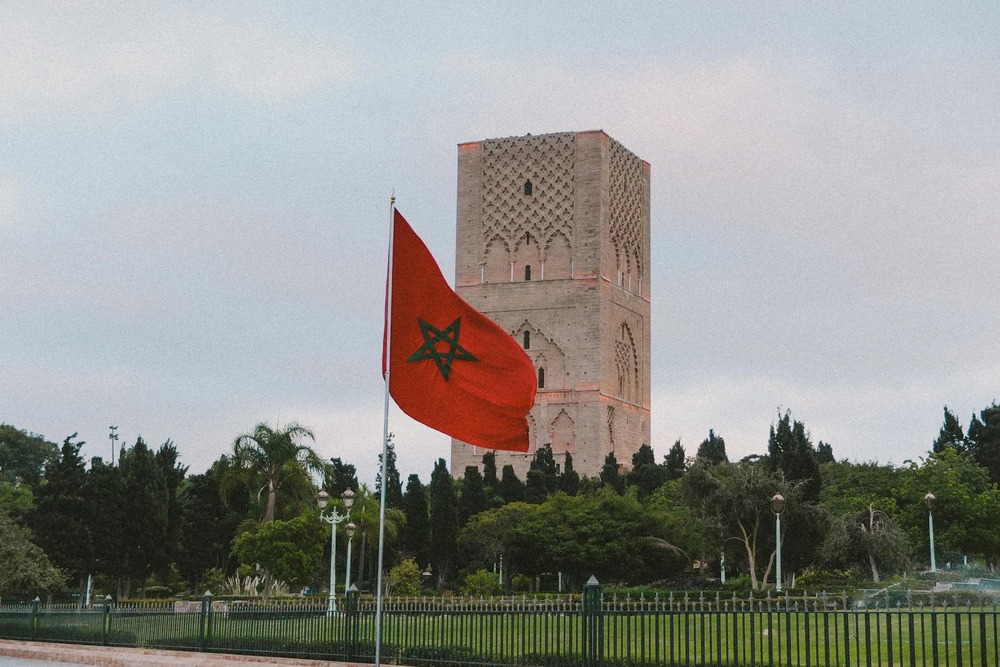Morocco is taking a significant step towards regulating crypto, with a draft law currently undergoing adoption. This move comes after a ban on digital assets, which has been in place since 2017 despite their continued underground use by the public.
Morocco Drafts Crypto Regulatory Law
According to a Reuters report, Abdellatif Jouahri, the governor of Bank Al Maghrib, Morocco’s central bank, stated that it had prepared the draft law to regulate crypto assets. This marks a shift in the country’s stance on digital assets. The decision to regulate crypto is likely driven by the growing adoption of digital assets in Morocco despite the ban.
Introducing a regulatory framework for crypto in Morocco could have significant implications for the country’s finances. As the central bank governor hinted, it may increase financial inclusion and provide a more secure environment for crypto transactions.
While the Morocco crypto community is expecting the unban of crypto, Jouahri mentioned that the central bank is also considering developing a central bank digital currency (CBDC), which would be controlled by the central bank, unlike decentralized crypto.
Meanwhile, the North African country has been cautious in its approach towards crypto over the years, fearing the loss of economic and monetary sovereignty. However, with the recent rise and hype surrounding crypto, the country is now exploring ways to harness its potential while maintaining control.
Other Countries Make Similar Move
While Morocco plans to regulate crypto, other African countries like Ghana have recently made a similar move. The West African nation is poised to enter the crypto industry, with the Bank of Ghana (BoG) planning to introduce a regulatory framework to guide digital asset adoption in the country, marking a significant shift from the BoG’s previous stance.
The United Kingdom is also set to officially regulate crypto by 2026 to provide clarity and protection for consumers while promoting innovation in the industry. The regulators have published a roadmap outlining plans, which include proposals for stablecoin regulation, trading platforms, and decentralized finance (DeFi) activities.
While other countries are becoming more crypto-friendly, China, which imposed a blanket ban on crypto transactions in 2021, has yet to lift the restriction officially. Although rumors of a possible lifting of the ban have been circulating, no official announcement has been made to confirm or deny these claims. Nonetheless, some Chinese residents still get involved in secret crypto transactions.
Find Cryptocurrencies to Watch and Read Crypto News on the Go Follow CryptosToWatch on X (Twitter) Now

